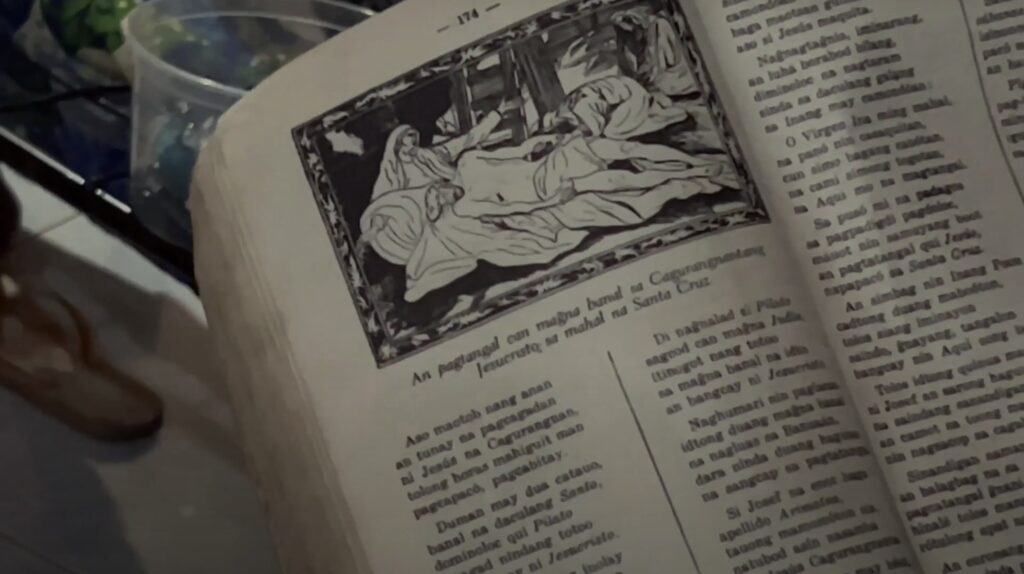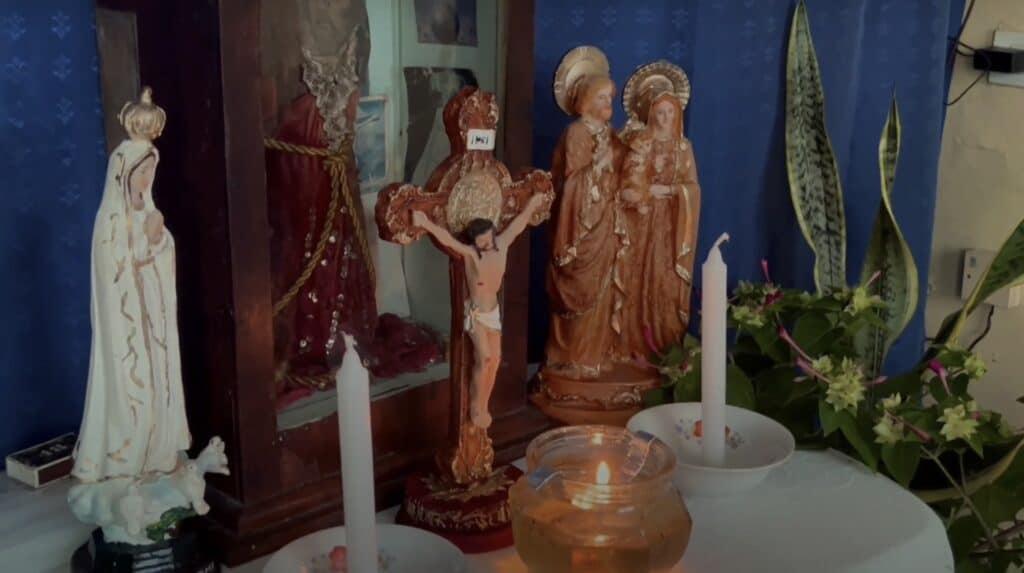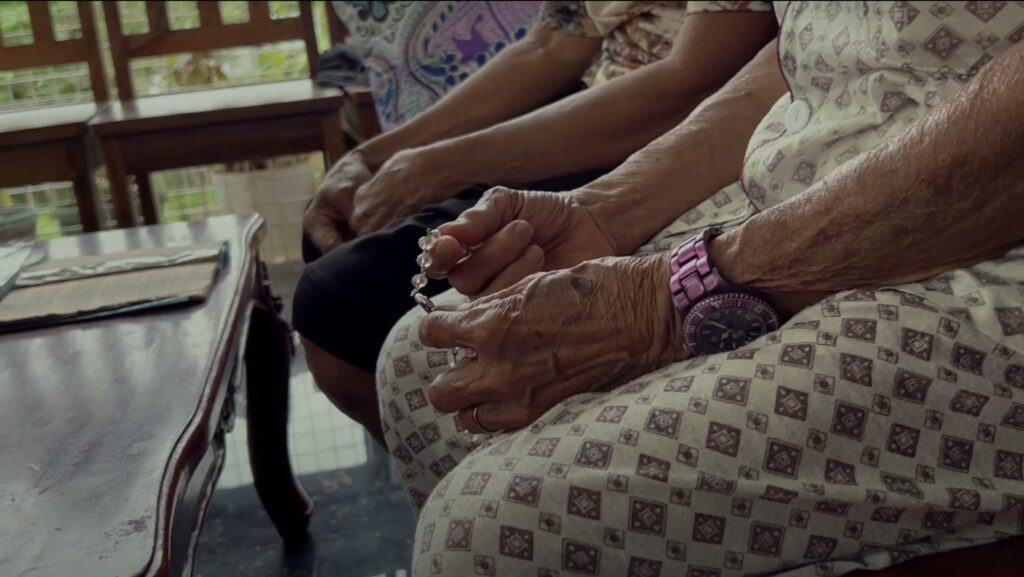Rev. Fr. Roberto S. Castellano, Jr., OP, LPT, MAGC, RGC from the University of Santo Tomas – Legazpi emphasized that our dedication to Jesus Christ transcends Holy Week. While Pasyon is typically accentuated during Holy Week as it embodies the essence of the period, it isn’t bound by specific regulations and is encouraged to be observed not solely during Holy Week but any time of the year.
Fr. Roberto also concurs with the significance of Pasyon, attributing it to our heritage from Spanish missionaries. He regards the Pasyon narrative as both classical and contemporary, asserting its timeless relevance as the foundation of our faith.
He also calls on the young to revisit this timeless yet classy tradition because it does not just show how rich Filipino culture is, but it also show the core of our faith. Fr. Roberto warns against the consequences of neglecting this narrative, suggesting it would signify a loss of an invaluable inheritance.
Pasyon, introduced by Spanish missionaries, priests, and religious missionaries, serves as a cultural and spiritual practice. It serves as a means of evangelization, depicting the passion, death, resurrection, and suffering of Jesus Christ. Pasyon manifests in various forms such as theatrical plays, drawing from written literary works and oral traditions. Its portrayal extends to Pabasa, Pasos, Karosa, movies, and even dance performances.
Primarily observed by the elderly, Pasyon remains relatively unknown to younger generations. Its familiarity varies depending on locality and province, as well as the cultural practices of Filipinos, not limited to those in Bicol. The manner in which Pasyon is observed also varies from one place to another. I Cassandra Vergara



